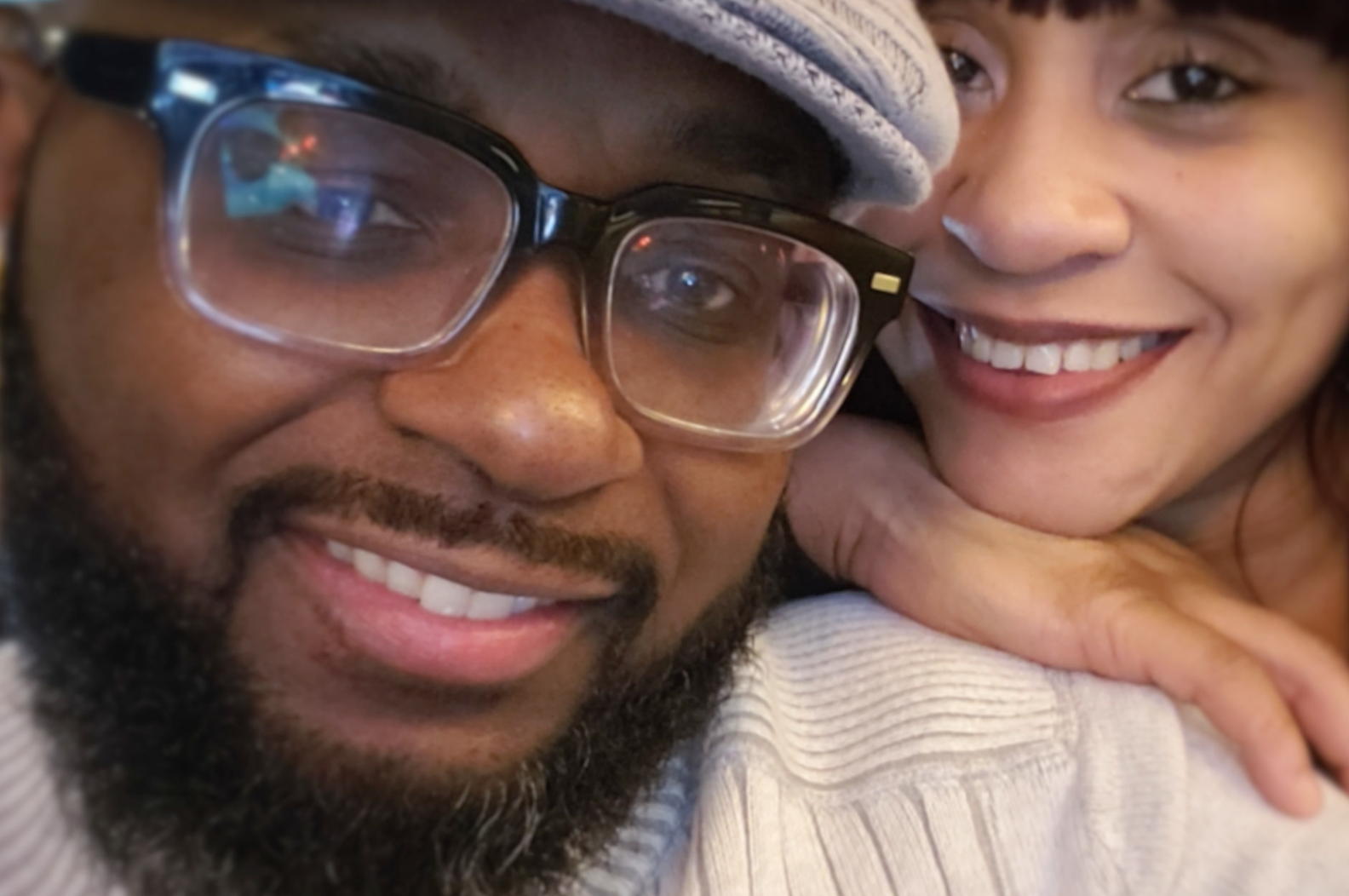The lyrics from this John Legend ballad may seem out of place when talking about gambling addiction. But as the video testimonial from Robert reminds us, pathological gamblers can’t stop betting even when they lose.
Robert’s life personified the American Dream. He was happily married, financially stable and embarking upon a very promising career in the food service industry. Like most people with this disorder, he hid his issues for as long as he could, until he just couldn’t anymore.
Robert’s mask slipped when he was caught embezzling funds from his restaurant. He lost his job and faced criminal charges. And then, almost miraculously, he got another chance through another management position. But he again embezzled funds to cover his debts. He lost it all again.
One of the most difficult questions we pose to anyone with an addiction is “Why?” Why did you lie, steal, even resort to criminal or violent behavior? Why would you treat people you love so badly?
There are no good answers to these questions, certainly none that will assuage the sense of betrayal and hurt felt by those impacted by addiction. But there are physiological factors behind these destructive choices, much like a diabetic craves sugar or a person dealing with obesity wants high-calorie foods.
Psychologist Mark Griffiths, an expert in behavioral addictions and director of the International Gaming Research Unit, offers some insights. Among a number of studies throughout his career, he conducted a survey of 5,500 gamblers. What he learned is that while gamblers want to win, they find gambling “fun” and “exciting” even when they don’t. Gamblers experience a rush of adrenalin and endorphins, no matter the outcome of their betting.
In other words, even when they lose, they win. Their brains crave the chemical influx. And, when the brain becomes rewired to demand positive stimulants like dopamine, the person loses control, control of the ability to consider long-term consequences, control of the capacity to express empathy for others, and control over rational decision-making.
Watch Robert’s story to better understand. When gambling addiction takes over, it takes all of you.
